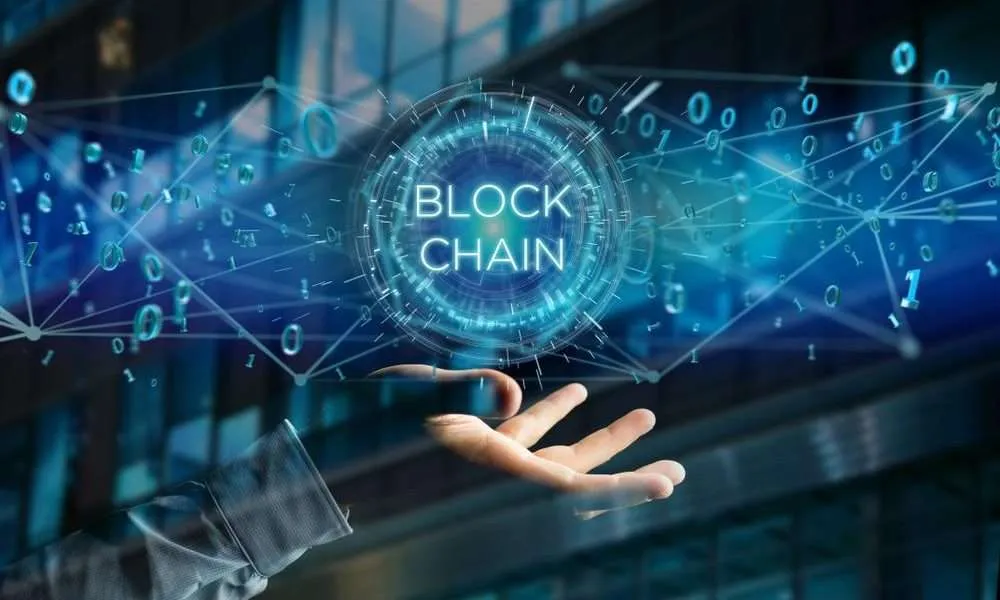- bKash was one of the keynote speakers at the Swell Conference and describes his success story in providing people in Bangladesh with access to financial services.
- In more than a decade, the company has reached more than 36 million customers.
In crisis countries such as Venezuela or Argentina, the demand for Bitcoin is rising sharply, as the national currency is steadily losing value. Accordingly, citizens have started to invest in cryptocurrencies such as Bitcoin. Bitcoin is seen as a value store to protect citizens’ savings.
However, there are also payment solutions that do not take on a value storage function, but are available as digital means of transport in order to carry out transfers within the shortest possible time at low cost. This includes, for example, the On Demand Liquidity solution from Ripple or bKash in Bangladesh. The CEO of bKash Kamal Quadir describes at the Swell Conference of Ripple how his company gave many people access to financial services.
bKash as hope for many citizens
Bangladesh is considered a poor country facing major financial challenges. Many people have no or insufficient access to services provided by traditional financial institutions. Under the leadership of Quadir, bKash Ltd. has addressed this problem and established a mobile payment system in the country.
In less than a decade, bKash has built a customer base of 36 million people in a country that needed a digital revolution. bKash is one of the largest payment providers in Bangladesh, processing more than 6.7 million transactions per day.
He describes that he wants to help people and that’s why he founded bKash. He explains this in an interview with Asheesh Birla, SVP of Product at Ripple:
In the developed world, we often take being banked for granted. It’s important to consider the story of a real customer’s needs.
bKash enables millions of people working in urban areas to send money quickly and cheaply to their families in rural areas. Before the actual launch of bKash, Bangladesh was an economy where almost all transactions were made with cash. This made it difficult to send money that the postal service does not work very reliably.
Quadir worked with the central bank and countless regulators in the country to build a system where digital money was secured with physical cash and the accounts could be pre-financed. So that the users of the system could immediately access the money via their mobile phones. This gave people access to a system of digital financial services for the first time.
By using bKash, customers can send and receive money via their mobile phone and use it to pay for goods and services. Customers can also set up savings accounts with it. So far, however, bKash can only be used domestically and it is not possible to send money abroad with bKash.
Ripple can support bKash across national borders
Ripple and bKash could work together in the future to facilitate cross-border transactions and thus give people in Bangladesh the opportunity to send money outside their own country. Quadir criticised the traditional money transfer system because the costs are immense and the speed very slow:
[bKash] this one solution does not solve the larger problem of transferring cross-border payments. […] one of the great values of leveraging blockchain technology is that it allows companies to meet customer demand for immediate, transparent and low-cost global payments.
Although there are no more details on the forthcoming partnership yet, one issue is very likely to be the handling of cross-border payments outside Bangladesh.
In line with the current market trend, the XRP price has moved sideways to a price of USD 0.2791 in the last 24 hours.






